Erich Wolfgang Korngold: Much Ado about Nothing
Korngold's incidental music for Shakespeare's comedy Much Ado about Nothing, premiered in Vienna in 1920, enjoyed instant success and soon spread round the world in a series of arrangements that are still performed today. But the music has not been heard as Korngold intended since that first production. For this recording, made in conjunction with its fully staged US premiere, Korngold's complete score was reconstructed from the original Viennese materials and is played here by the chamber-orchestral forces for which it was written.
University of North Carolina School of the Arts Drama Soloists, actors
University of North Carolina School of the Arts Symphony Orchestra, orchestra
John Mauceri, conductor
Listen To This Recording:
-
Much Ado about Nothing, Op. 11 (1918–1919)
- Ouvertüre
- Kriegsmusik (War Music)
- Don Juan (Don John) – Act I, scene 2
- Mummenschanz (Hornpipe) – Prelude to Act II
- Festmusik (Festive Music) – Act II, scene 1, with dialogue
- [Change of Scene]
- Don Juan – Dialogue between Don John and Borachio
- Gartenmusik (Garden Music) – Prelude to Act III, with Benedick’s soliloquy
- Lied des Balthasar (Balthasar’s Song)
- Intermezzo – with Beatrice’s soliloquy
- Holzapfel und Schlehwein (Marsch der Wache) (Dogberry and Verges (March of the Watch))
- Mädchen im Brautgemach (Maiden in the Bridal Chamber) – Prelude to Act IV
- Kirchenszene (Church Scene) – Act IV, scene 2, with Leonato’s line
- Gerichtszene (Judgement Scene)
- Trauermusik (Funeral Music) – Prelude to Act V, with Claudio’s monologue
- [Change of Scene] – with Don Pedro’s line
- Intermezzo – final wedding scene, with dialogue
- Schlusstanz (Final Dance) – with Benedick’s final line
- Festmusik (Festive Music)
- Gartenmusik (Garden Music)
- Intermezzo
- Trauermusik (Funeral Music)
- Schlusstanz (Final Dance)
Movements without dialogue (1918–1919)
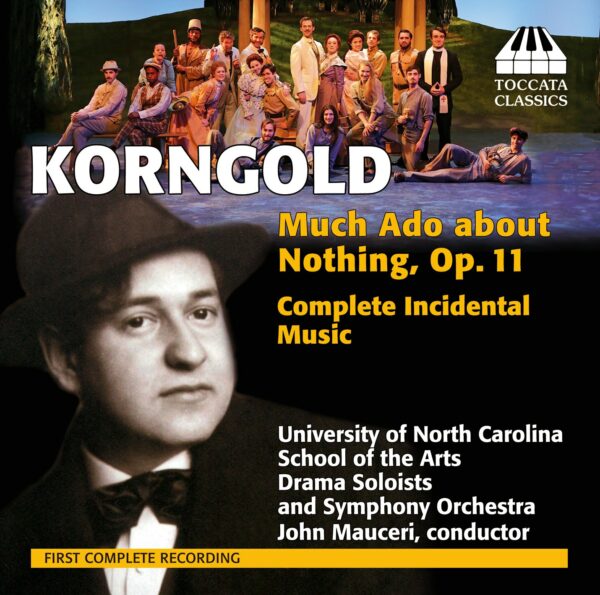
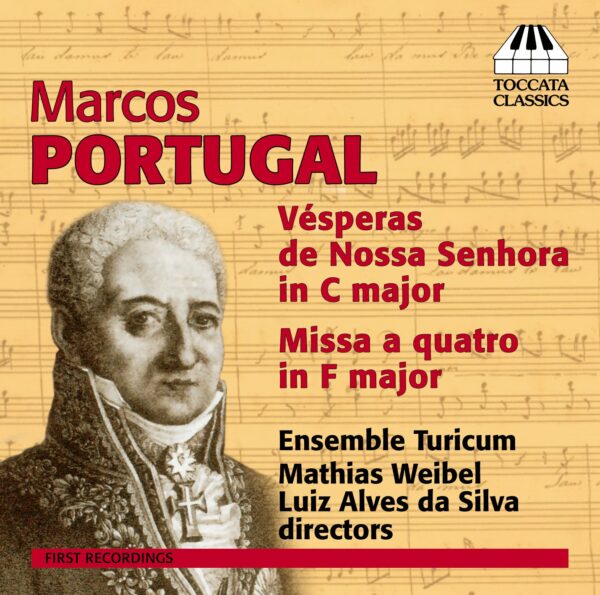
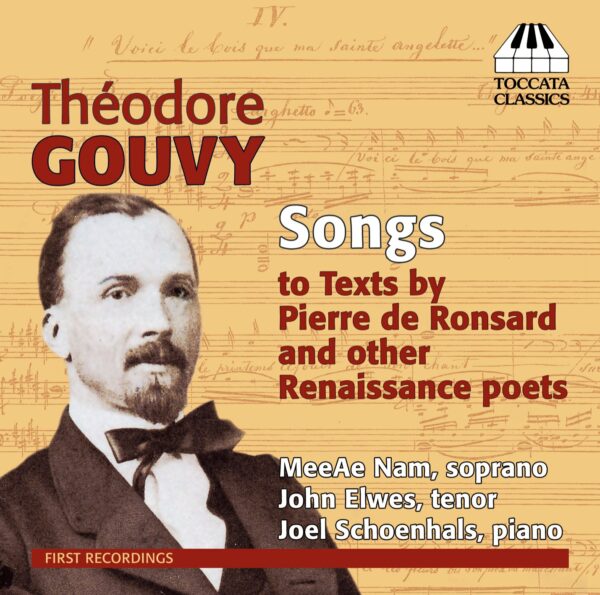
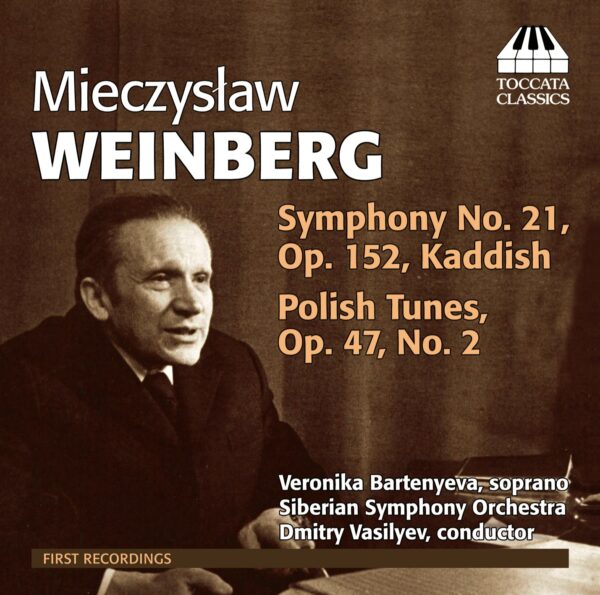
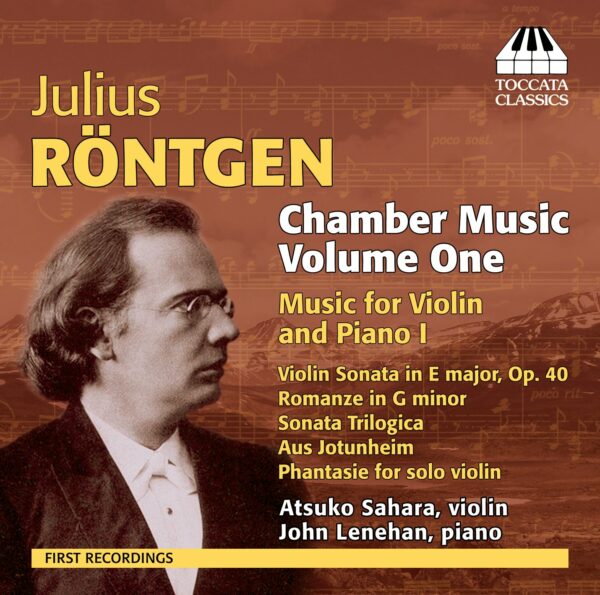
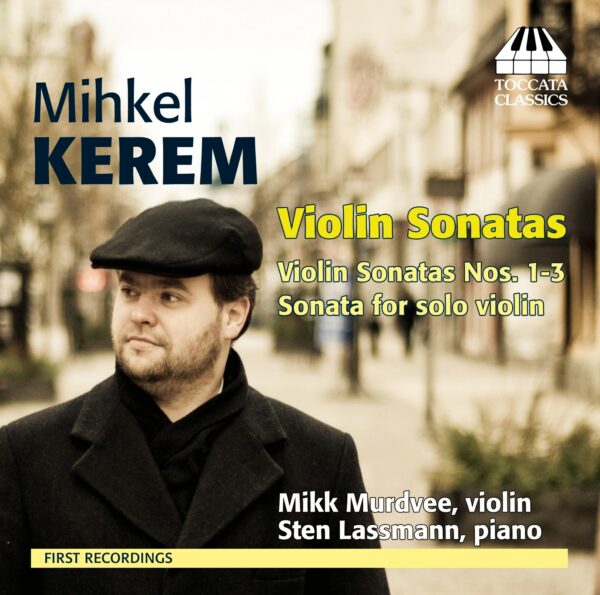
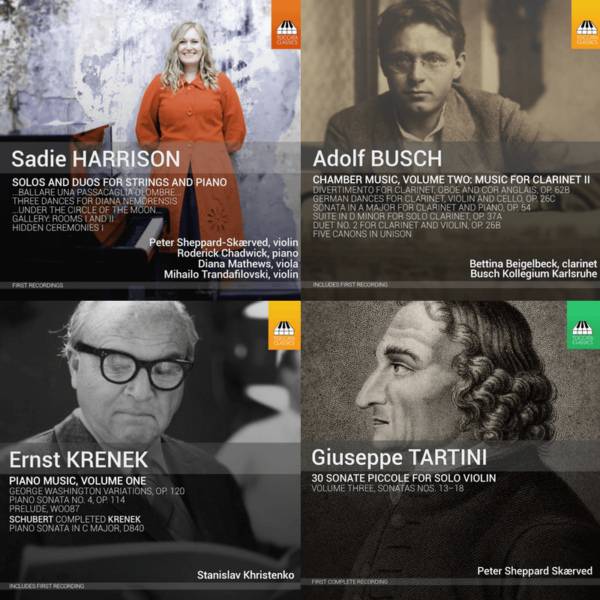
Audiophile Audition :
‘…this is an important, one-of-a-kind project, and we can be happy for this chance to hear all of Korngold’s tuneful late-Romantic score.’
—Lee Passarella, Audiophile Audition
Brendan G Carroll :
A truly outstanding and highly revealing release, which fully restores this masterpiece and also presents music not heard since 1920. The presentation could hardly be bettered and the use of Korngold’s original partitur from Vienna makes this the Urtext recording for this work. Thank you Martin!
Niall Hoskin :
The roar of the greasepaint, the smell of the crowd. This has a genuine whiff of the theatre about it, which no doubt comes from being based on an actual production of the play – in fact the US premiere. John Mauceri conducts a small pit band of skilled students, and the orchestration of the 21-year-old Wunderkind is lovingly played. His own notes refer to the Richard Strauss ‘Bourgeois Gentilhomme’ music of a few years earlier, and this is very much the world of Ariadne auf Naxos – harmonium and all. You can hear the future film composer here too, with an ability to create an atmosphere in 24 seconds.
The recording is quite close – you can imagine an off-Broadway theatre – with the voices even closer. There’s no attempt to link the extracts, other than in the liner notes; so inevitably it’s bitty, but they’re lovely bits. It would be great to hear it done in the Uk now -enterprising university department maybe?
MusicWeb International :
‘Conductor John Mauceri was a very apt choice for he has had much experience conducting Korngold and is a stalwart champion of film music, an asset that might well be regarded as not being far removed from the spirit of this work – in fact the March of the Watch could be considered a pre-echo of Korngold’s Sherwood Forest scenes from his The Adventures of Robin Hood. Mauceri also contributes the erudite notes for this album. […]
A delight for committed Korngold fans.’
—Ian Lace, MusicWeb International
Cinemusical :
‘the performances are really something. The reality though is that any hesitancy one may have about this is dispelled quickly in the opening ‘Overture.’ […]
All around, this is a stellar example that shows how musical education and understanding works to create great music at all levels. The performances are really accomplished and one could not wish for a more sympathetic and understanding conductor than Mauceri, woefully under-represented in the studio these days. In short, this is a must have for Korngold-ians and those interested in music from the early 20th Century.’
—Maestro Steve, Cinemusical
Forum Clasico :
‘Tal proeza, que para los fanáticos de Korngold constituye un regalo, la ha llevado a cabo un modesto equipo de intérpretes, todos estudiantes de la Universidad de Carolina del Norte, una de las más potentes en su Departamento de Música, dirigidos por Mauceri, este sí un primer espada ya conocido por su prestación en la seriepor su prestación en la serie “Entartete Musik”. Además nos obsequian con la repetición de cinco números de la obra dejando sólo la música, sin los diálogos superpuestos. Encomiable trabajo y sobresaliente para todos por lo tanto.’
—Jerónimo Marín, Forum Clasico October 2013
Guardian :
‘It’s beautifully played’
—Tim Ashley, Guardian
Pizzicato Magazine :
‘This ‘ theatrical music’ is stunningly effective and, thus, a most valuable addition to the work’s discography’
—Pizzicato Team, Pizzicato Magazine